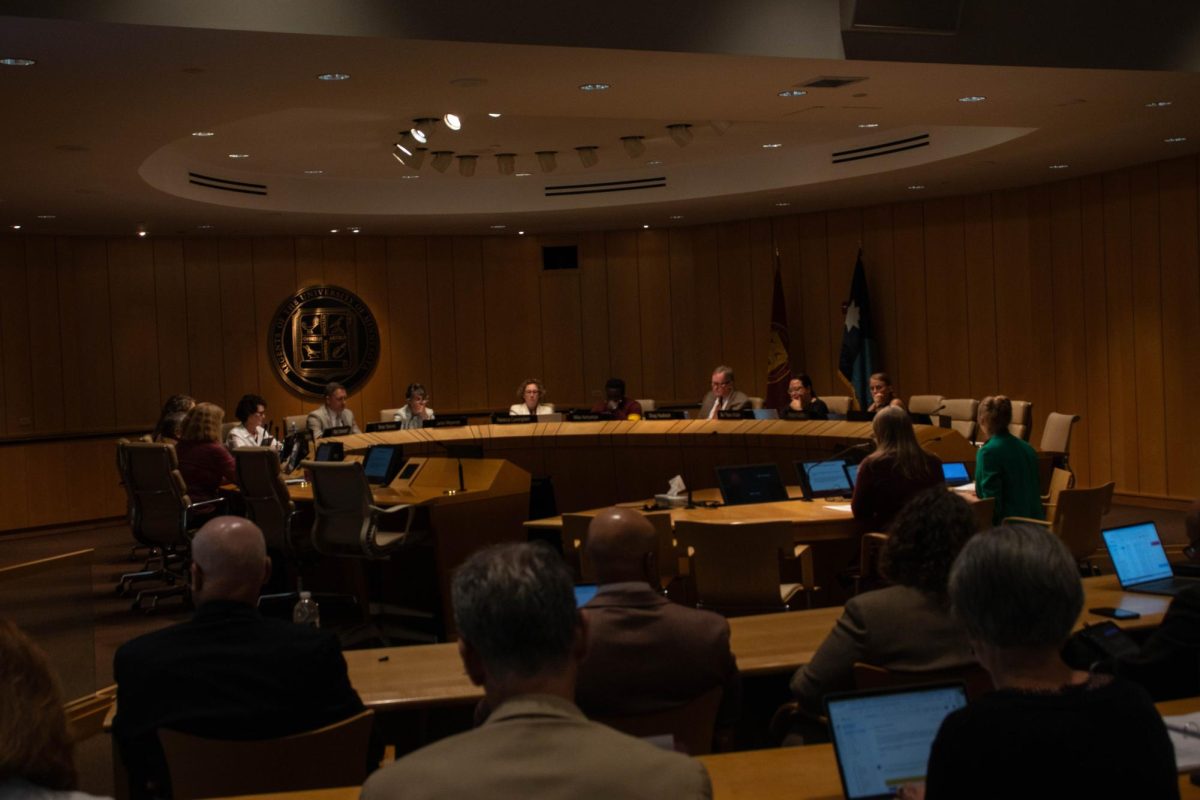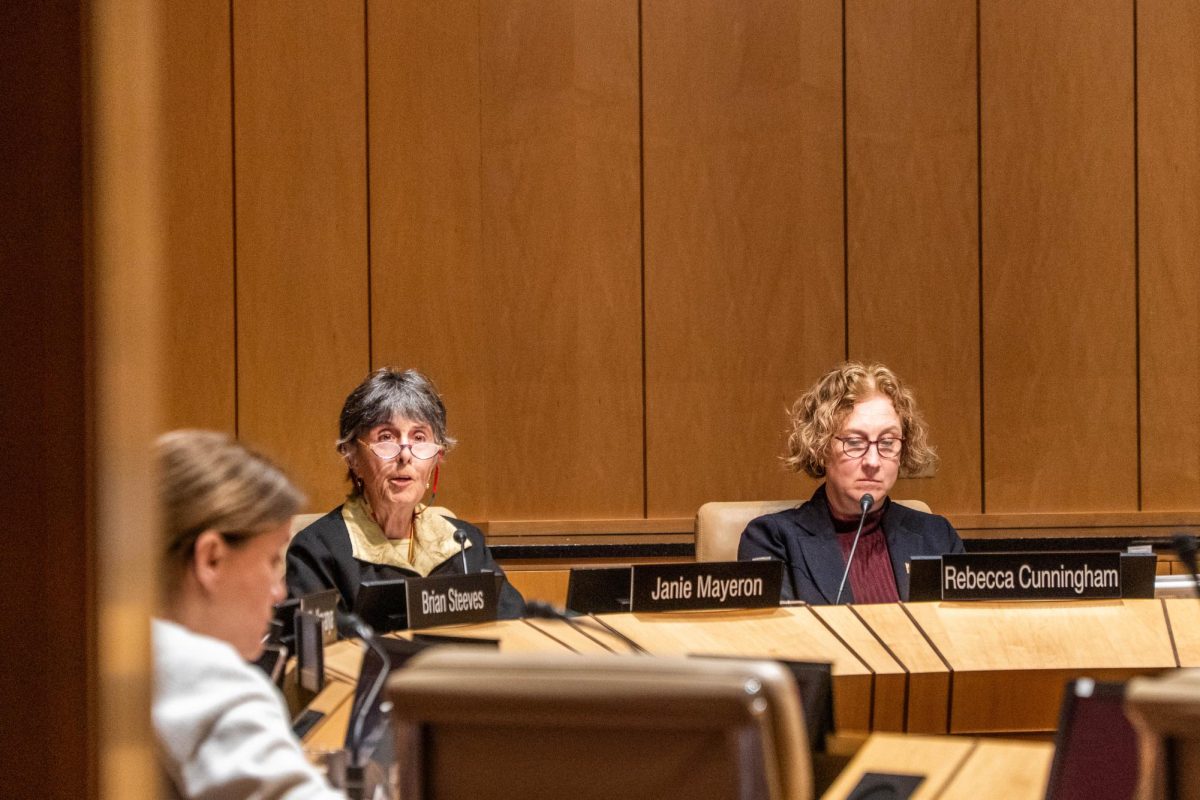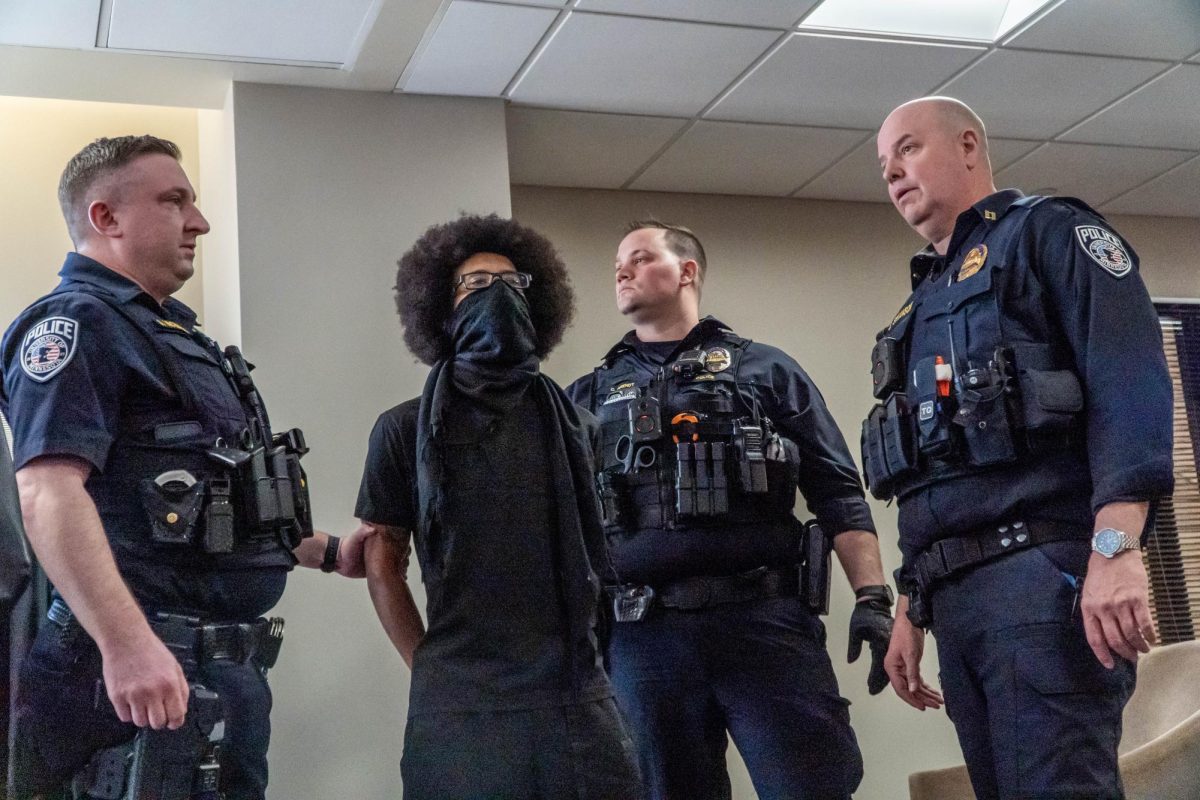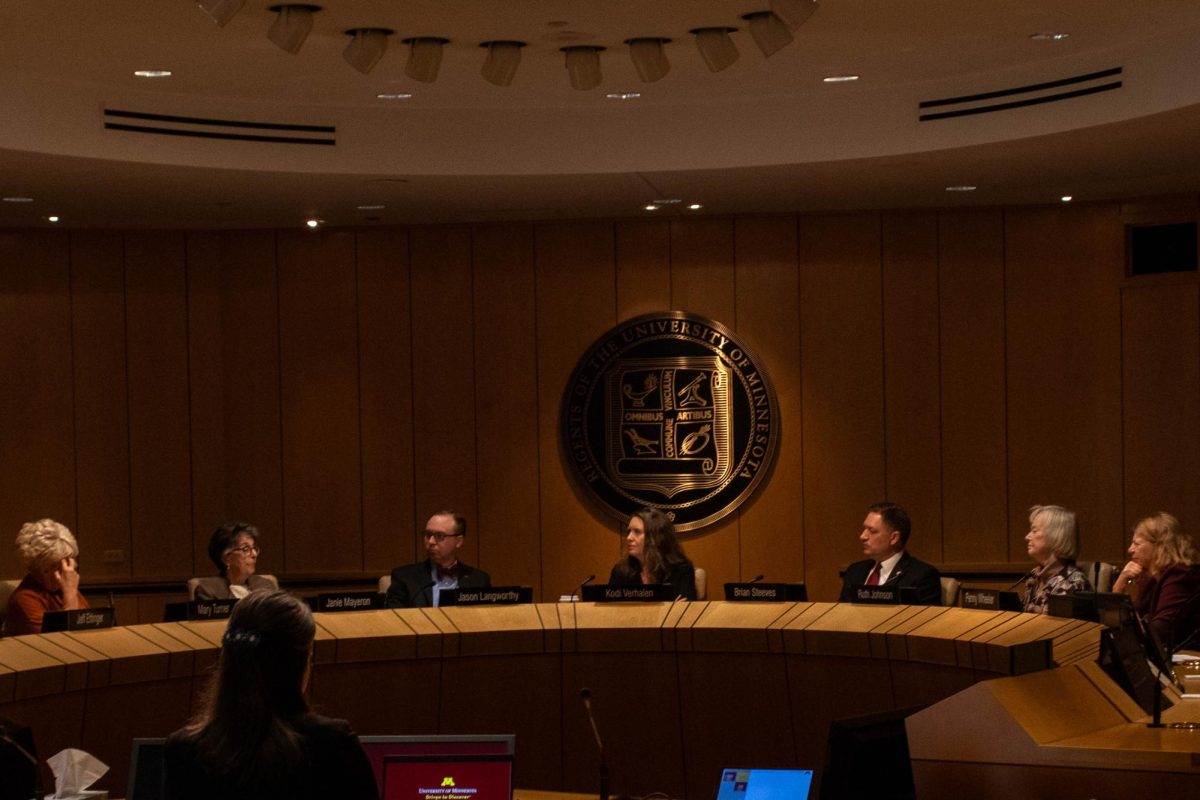The University of Minnesota Board of Regents unanimously voted to approve the President’s Recommended FY 2026-27 Biennial Budget Request on Oct. 10.
The Board also unanimously approved the President’s Recommended 2024 Six-Year Capital Plan and 2025 State Capital Request. The Six-year Capital plan is required by Board policy and is the document that sets the direction for major capital projects, according to Alice Roberts-Davis, the vice president of University Services.
For 2025, the University will be requesting $230 million from the state. In 2026, the University will increase its request to $492.5 million, followed by a request of $410 million for 2027.
The capital plan prioritizes updating, maintaining and building various buildings and facilities on campus.
DEI Title VI Initiatives
Under Title VI of the Civil Rights Act of 1964, universities are required to take reasonable steps to eliminate a hostile environment caused by discrimination based on race, color or national origin. This is enforced by the Office for Civil Rights in the U.S. Department of Education.
According to Tina Marisam, the director of the Office of Equal Opportunity and Affirmative Action, in the past few months, seven resolution agreements based on Title VI complaints of discrimination related to Jewish, Muslim and Palestinian identities have been reached with other universities.
In each of these cases, Marisam said the Office for Civil Rights found the institutions’ responses deficient, causing the University to review its policies and process of handling Title VI- related complaints.
Based on this review, the Equal Opportunity and Title IX Office will be taking four steps to ensure compliance with the Office for Civil Rights.
- The University designated the Office of Equal Opportunity and Affirmative Action to handle all Title VI- related complaints after the Office for Civil Rights indicated institutions should have one office with clear responsibilities over Title IV reports.
- The University is creating a systemwide framework ensuring the University will make an individualized, written assessment of every Title VI report on hostile environments the University found, and what steps it took to fix it
- The University is developing new strategies to handle hostile environments caused by protected speech where disciplinary action can not be used.
- Strategies include giving more support and resources to the individual who made the report, and considering the impact of the conduct or hostile environment on the larger community.
- The University will provide training in 2025 to Equal Opportunity & Title IX staff, student conduct team, bias response team and housing professionals about their responsibilities under Title VI. There will be general training for all employees in March.
AI in Higher Education
According to Provost Rachel Croson, the Board received a request from University governance to consider creating a task force to explore the ways the University can use AI, while navigating its potential dangers.
The Board is considering forming a task force this fall with three tentative subgroups, according to Croson. These subgroups would focus on AI’s impact on teaching and learning, University operations and research.
“AI is everywhere, including on our campuses, and it’s significantly changing the landscape we’re all facing,” Croson said.
Regents, including Mike Kenyanya and Janie Mayeron, reacted positively to this suggestion.
Joscelyn Sturm, a third-year student at the University and Undergraduate Student Government representative on the Board, said as an English major she “lives in fear” of being falsely accused of using AI for an assignment by faulty AI detectors.
Croson said AI-detecting applications have not been approved for use in classrooms and the Board has not recommended them in part because of false positives and general unreliability.
According to Sturm, the lack of dependability on AI detection could mean the difference between a student leaving the University with a degree or just going home.
Regent Kodi Verhalen said informing students on how to use AI properly will be critical. She added it is important for students to learn how to have conversations with future employers on the proper usage of AI tools in the workforce, which varies between disciplines.
Shashank Priya, the Vice President for Research and Innovation, said providing access to AI that is typically behind a paywall would be cost-intensive. He said the University will have to carefully decide which tools should be made available while looking at the financial implications.
Regent Doug Huebsch said he is concerned that if the University does not provide these tools, the cost barrier will lead to inequity. Students and University members who can afford the cost of AI-informed tools will buy them and have that advantage, while those who can not will not have access.
Priya said there needs to be a different system for looking at AI within the research space. He said in research it is particularly important for mechanisms to be in place to protect non-publicly available data.
Regent Penny Wheeler said she is concerned about using AI in administrative capacities because it is known to exhibit biases that it collects from source material it is trained on.
“The promising thing about this is once you detect an area of bias, you can actually take it out of an AI algorithm easier than you can take it out of our minds,” Wheeler said.
At the next board meeting in November, Regents will continue to discuss creating an AI- centered task force.
Corrections: A previous version of this article misstated the name of the Equal Opportunity and Title IX office. Other edits made for clarity.













